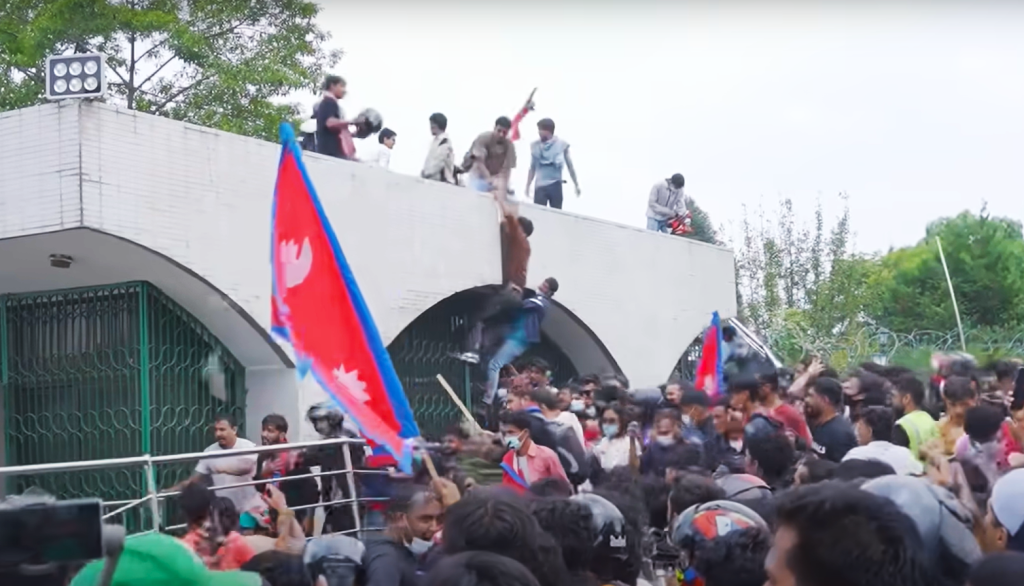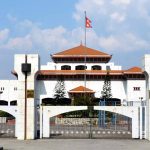
Nepal’s private sector has expressed deep shock and condemnation following the government crackdown on Gen-Z-led anti-corruption protests, which resulted in the death of a young protester on Monday, September 8, 2025 (23 Bhadra 2082). Business leaders warned that the excessive use of force, closure of social media platforms, and growing unrest could severely damage the recovering economy.
Private Sector Condemns Government Action
Leaders across major trade and industry associations have criticized the government for its handling of the protests. Chandra Prasad Dhakal, President of the Federation of Nepalese Chambers of Commerce and Industry (FNCCI), said the incident has caused “deep sorrow to all Nepalis” and could derail the fragile economic recovery.
“This tragic event threatens to worsen the investment climate instead of boosting growth. I urge the government to address the legitimate demands of Gen-Z through dialogue, and I also call on the youth to remain peaceful,” Dhakal stated.
Former FNCCI President Bhawani Rana called the incident a heartbreaking loss, noting that the demands of Gen-Z were not just for their generation but for “Nepal’s brighter future.”
Economic Disruptions and Business Impact
Birendra Pandey, President of the Confederation of Nepalese Industries (CNI), said the unrest has already disrupted business activities, with transportation halted and commuters stranded. He urged the government to negotiate rather than resort to force.
Kamlesh Kumar Agrawal, President of the Nepal Chamber of Commerce, warned that shutting down over two dozen apps has directly impacted youth livelihoods and international trade, particularly with China through WeChat. “Foreign investment won’t come when social media is blocked,” he added.
Ravi Singh, President of the Federation of Contractors’ Associations of Nepal, said the unrest stemmed from corruption, lack of employment, and a poor working environment. “Tourism and economic activities are directly suffering. The government must take full responsibility for this crisis,” Singh warned.
Tourism and Social Media Restrictions Draw Fire
Tourism and trade bodies voiced concern over the sudden closure of social media platforms. Ritu Singh Vaidya, President of the Nepal Automobile Importers and Manufacturers Association (NAIMA), said many businesses and livelihoods depend on social platforms.
Former NADA Automobiles Association President Dhruva Thapa added: “Shutting down social media in today’s era is counterproductive. Such crackdowns fuel public resentment and hurt tourism.”
Call for Peaceful Dialogue and Youth Engagement
Shova Gyawali, President of the Nepal Women Entrepreneurs Federation, stressed that youth are the backbone of the nation and must be provided opportunities within Nepal.
“Until we create an environment for youth employment in Nepal, economic stability will remain elusive. Vigilante actions and excessive force during peaceful protests are deeply tragic,” she said.
Subas Nyaupane, President of NPABSON, criticized the excessive use of force and urged the government to manage the movement calmly to avoid further casualties.










